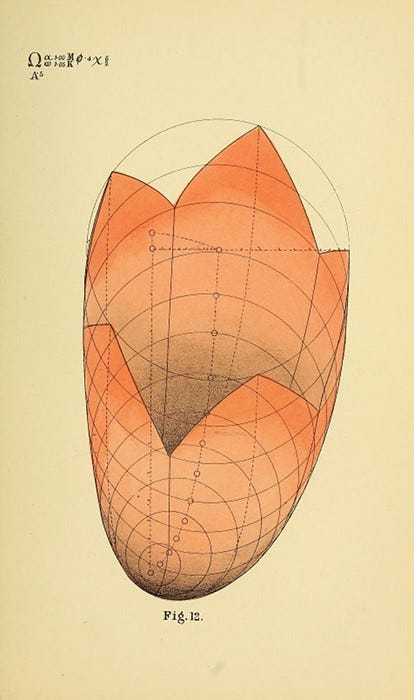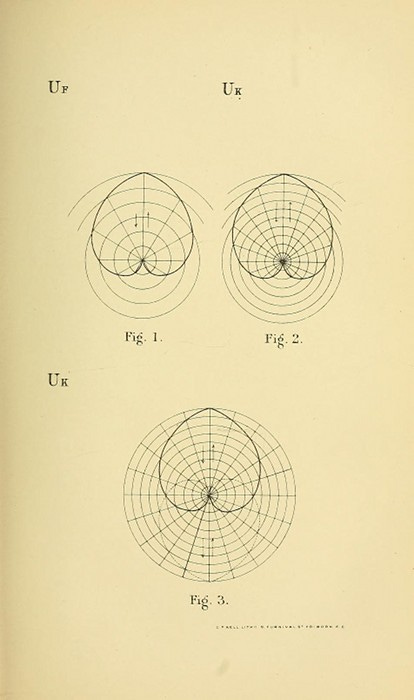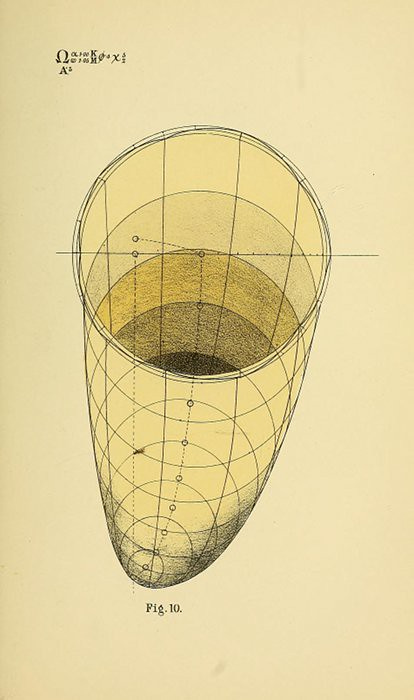I used to get myself all worked up about how terribly limited psychotherapy is.
This, while being a psychotherapist myself — and quite enjoying it.
I suppose I was in the stance of the ‘progressive’ who is utterly ready to throw the baby out with the bathwater. Psychotherapy is too individualistic! I fumed. It’s too expensive! It’s too slow! It’s hopelessly mired in this suicidal, secular materialist culture!
You may note my grandiosity and urgency here. This grandiosity, which I gaze upon now with tenderness, demands that everything I participate in be on the cutting, world-saving edge. I come by this honestly: I’m an oldest child, raised by overwhelmed parents, with Aries and Aquarius in my chart. Also, I spent a couple of years training with Soryu Forall at MAPLE. And the timing of my lifespan — like yours —means that I live inside an accelerating breakdown of our culture and biosphere.
In my two years of post-MAPLE life, I have trudged along, carrying my psychotherapy skepticism like a backpack. I have been living a closeted life: by day, a ‘vanilla’ therapist in Washington, D.C; by night, a weaver of experimental, metamodern, relational cults.
For precisely 2.5 days each week, I assume the role of therapist. I open my office door precisely on time, and stand up from my chair fifty minutes later to escort my patient out. My office has purple walls, a tasteful gray couch, and a view of the National Cathedral. There’s tea in the waiting room, and a water cooler with nice reusable cups in speckled earth tones.
Outside of work? I do my other work. I hold down weekly Zoom calls with my crews, my pods, my whole mates. We are in multi-year arcs of spiritual friendship and collaboration. My friends keep having breakdowns and breakthroughs. We take turns entering the chrysalis of transformation. We keep falling apart, and coming back together: each time in a new configuration, each time a little wiser, and older, and bruised.
We are inter-logoic agents, designing vessels for what wants to come through.
I travel to Vermont and Vancouver and Berkeley to do my part in weaving this new culture. I train up in Integral theory. I lead retreats focused on Circling, on shadow work, on breaking free of victim consciousness, on collective emergence.
Sometimes, when working with groups, I design highly stylized practices with very particular rules. These practices are designed to make our personality structures chafe against the constraints until, in a moment of insight, we experience a particular form of liberation. They are like games.
My friend and relational practice teacher, Sofia-Jeanne Caring, is a master at setting up these “games” in the service of someone’s growth. Once, in her group dojo, I declared my bottomless curiosity about my fellow group member, Corey. Sofia-Jeanne offered me an assignment. “For the next fifteen minutes,” she coolly declared, “all you should do is take notes about Corey.” Once I agreed to play by that set of rules, I learned something new about myself.
Another such game, which I learned from Mike Blas at Relateful Camp last April, masterfully weaves four sub-groups into a giant supergroup with two simple rules:
When you speak, speak only to your sub-group.
No two people from the same sub-group can speak consecutively.
I played the game — which, if I recall correctly, Blas called Variation A47. Simply by following those rules, I had the experience of concentration and spaciousness. The experience of belonging and solitude. The result was, for me, an unforgettable experience of beauty.
In the midst of this old-fashioned therapy work and this time-between-worlds work, I go see my own analyst for weekly therapy. His name is Rolando, and he’s Jungian.
(An irresistible aside: Jung, for my money, is one of the best bridges we’ve got between the modern, postmodern, and metamodern perspectives we must straddle at this time. Jung helps my body stretch between the psychoanalytic and the Gebserian; between the Abrahamic religions and the reclaiming of feminine magic; between archetypal lineage battles and my own imperfect childhood.)
My relational “game” with Rolando, too, has a strict set of rules. In fact, I learned some of my best rule-keeping from him.
This week, as if by magic, my beef with psychotherapy dissolved.
It dissolved because I realized that the psychotherapy I receive, and the psychotherapy I give, is simply another highly constrained relational game.
When I am the therapist, the rules of the game include:
Our time is for your benefit, not for mine.
I will open the door at the top of the hour, and escort you out at fifty minutes past the hour.
You will pay me $195, or something close.
You will decide what you want out of being here.
(You do not have to actually know why you are here; we can figure that out together.)
You will decide what we talk about.
You will do 75-95% of the talking.
I will pay the most exquisite attention to you that I know how, including listening to your unconscious — listening to what you are not saying.
I will listen with my entire being. Even as I remain silent, I will stir your words into the soup of everything I have ever known, heard, or experienced about being a human.
I will offer words, ideas, experiences, silence, and whatever else I can bring to help you with why you are here.
I will carefully assess — in collaboration with you — whether what I am saying and doing is helping you, or not.
I will not tell anyone — except a supervisor who is also bound to confidentiality — what you say.
You can fire me at any time.
Recently, some collaborators and I led a two-day introduction to relational practice.
As we taught participants the “rules” of Circling, some folks — there are, thank goodness, always some! — chafed against the rules. Quite understandably, they wanted to know: Whose rules are these, anyway? Can I trust those people’s intentions? Can I trust you?
To paraphrase my friend Ty’s wise response: We are always — even when we don’t realize it — playing by some set of rules. The invitation, with formal relational practice, is to intentionally enter into a different set of rules … and see what you can learn.
Tell me what rules you like to play by.
And then, let’s play.
About the images
The images in this post are public domain. They are from Louisa S. Cook's Geometrical psychology, or, The Science of Representation: An Abstract of the Theories and Diagrams of B. W. Betts. The book “details Benjamin Betts' remarkable attempts to mathematically model human consciousness through geometric forms.”





I found this quite soothing to read, my friend. As I consider my own path toward this particular game, it's so refreshing to embrace its constraints as generative — like any other set of rules. I'm also really compelled by the way you're holding Jung. The more I study him, the more I sense an uncanny, evergreen sophistication. And in your writing here, I sense something like Hillman's Senex/Puella polarity working itself out: the grandiose puella letting something go, sinking back into the embrace of an arm chair.